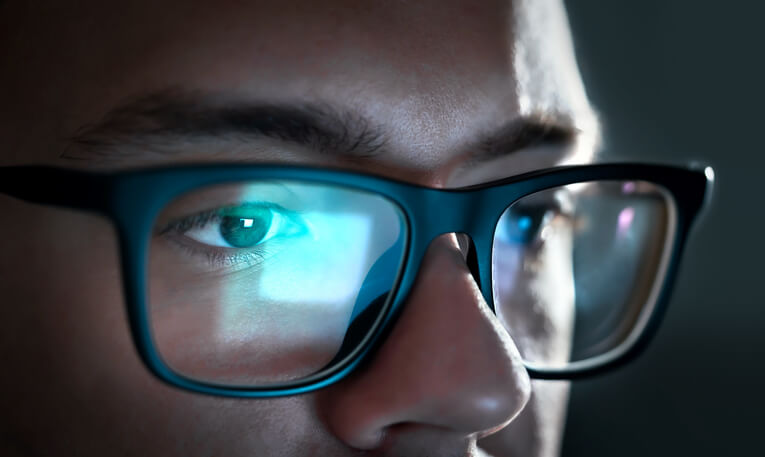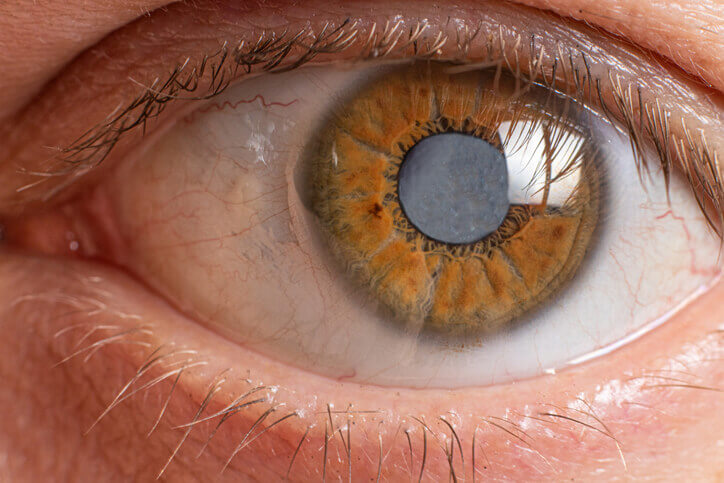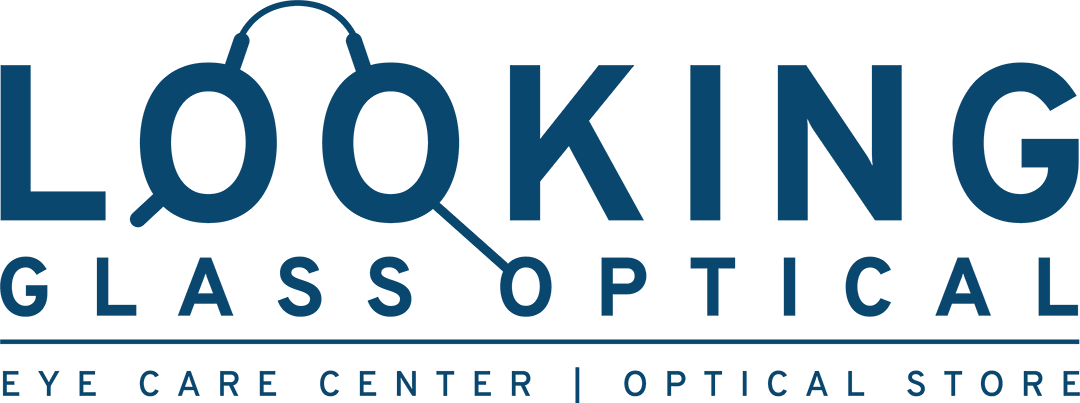According to the World Health Organization (WHO), 64% of all visually impaired people worldwide are women. Visual impairments can take many forms, from mild to severe ones that can significantly impact a person’s quality of life. When it comes to women vs. men, women struggle more with visual issues, but why is that the case? Learn more about the various types of visual impairments and the reasons why women are more prone to them than men.
Read more →Wearing contact lenses is an excellent way to improve your vision without needing glasses. Some people prefer contacts to glasses because they provide access to full peripheral vision and don’t limit activity. Contact lenses are easy to wear, affordable, and hard to lose. However, if you wear contact lenses, you must know when to change your prescription. Here are some helpful tips for understanding when it’s time to make a trip to the optometrist.
Read more →Studying is an important part of learning at any education level, but so is your eye health. Study sessions, whether you are spending time in front of digital screens or poring over a book you’ve checked out from the library, can damage your eyes. Finding ways to take care of your eyes while still getting in your study hours can help you be successful in school while also saving your eyes from unnecessary strain.
Read more →Do you struggle with frequent headaches that relate to your vision? Migraines are one type of headache that can hit behind the eyes and cause vision changes. An ocular migraine is a specific type of headache with unique symptoms that affect your field of vision. Learn more about these migraines and how to prevent them in this short guide!
Read more →There’s a reason why your parents told you not to sit too close to the TV screen. When most of your day consists of looking at digital screens, like televisions, computers, and cellphones, it takes a real toll on your eyes. Computer vision syndrome, or digital eye strain, is a condition in which you may experience headaches, dry eyes, blurred vision, and shoulder pain from constantly looking at digital screens. The condition can wreak havoc on your quality of life and cause several uncomfortable symptoms. Read on for a few ways to prevent digital eye strain so you can keep your peace of mind.
Read more →You’ve got your hat, gloves, scarf, and boots to protect you from the harsh winter elements, but what’s protecting your eyes? Winter weather can strain your eyes, causing discomfort and affecting your vision. During the colder months, the air is dry, and the glare from sunlight reflecting off snow can overexpose your eyes to ultraviolet light. So before you hit the slopes or head out to shovel the walk, take a few minutes to think about winter eye safety.
Read more →While getting glasses can be a life-changing moment for a child, it can also cause plenty of stress for a parent. After all, children aren’t exactly known for staying still or keeping things on their faces! So how can you help your child adjust to new glasses? Here are some of our top tips to help parents deal with the challenges of new glasses for kids.
Read more →Some amount of deterioration is expected as we age. It’s normal to lose bone density and muscle mass as well as have some sagging and wrinkles. You might not be able to stay up all night and function the next day as you did in your youth, or you might have to give up spicy foods. Unfortunately, some sensory deterioration is also expected. That said, there are things you can do to maintain bone and muscle strength and minimize the progression of lines and wrinkles, and in many cases, you can also stave off vision loss as you age. According to the National Eye Institute, a division of the National Institutes of Health (NIH), the risk for eye disease increases with age, but there are steps you can take to prevent vision loss. The first thing you need to do is understand the most common eye issues related to aging.
Read more →Your eyes deserve the same attention as the rest of your body. Pay your local optometrist an annual visit just like you do with your primary physician. If you don’t, there may be severe consequences for your health. Most common eye problems can be avoided through prevention and early detection.
Read more →Headaches are among the most common disorders of the nervous system in our body. Just about everyone has experienced their head hurting at least once in their life. But did you know that headaches and eyes are often intertwined? This is because most headaches you experience occur in the regions behind the eyes. If you feel pain in these regions, it might be a specific type of headache that requires certain treatment.
Read more →










